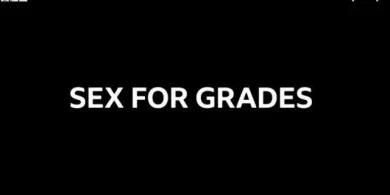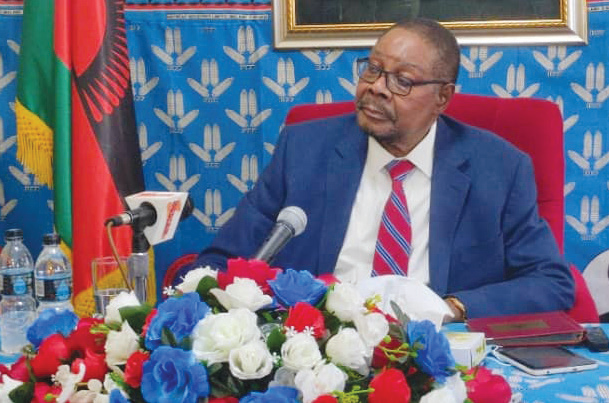Chakwera’s debt management conundrum
That the World Bank has cautioned developing countries, including Malawi, not to pile up debts while hoping that lenders will write-off the loans must have come as a slap across the face for President Lazarus Chakwera.
The President earlier in September urged donors to cancel debts of low-income countries to help “us poor nations” recover from the economic devastation caused by the Covid-19 pandemic.
World Bank president Group David Malpass’ remarks that countries should focus on poverty alleviation instead of accumulating debts serve as a stern warning for the Tonse Alliance administration.
If the World Bank and other developmental partners do not cancel Malawi’s debt, it will put Chakwera and his nine-party alliance under pressure to fulfil their campaign promises while keeping debts at a sustainable level.
On current evidence, it is likely that public debt will get out of hand in the near-future.
The International Monetary Fund (IMF) projects that public debt will grow to 78.2 percent by the end of 2021, before rising to 81.3 percent of GDP in 2022 and 83 percent as well as 83.8 percent in 2023 and 2024, respectively.
The problem with Malawi’s rising debt is two-fold. First, it undermines government’s capacity to provide social services, considering that some of the public funds have to be redirected to debt service repayments.
Second, and this is more political and unique to Chakwera’s political aspirations, it will undermine the implementation of his so-called Tonse philosophy. It is hard to see how Chakwera and Saulos Chilima will implement their flagship programmes without funds.
From the outside looking in, the biggest problem with Malawi’s debt management programme is that it is still driven by political ambitions, some of which contradict the aspirations of our donors.
For example, the Chakwera-led government cancelled the Extended Credit Facility (ECF) programme the former Democratic Progressive Party (DPP) administration signed with the IMF because it conflicted with some of the flagship programmes the alliance promised to implement.
It is hard to see how the fund, which has historically favoured elimination of subsidies and improving revenue generation would have backed the Affordable Inputs Programme (AIP), tax holidays and revised tax brackets.
At the time, the only logical choice was to cancel the programme and renegotiate until the government got an agreement that would not compromise the implementation of the Tonse philosophy.
So, Chakwera and his team find themselves in the very same problem they sought to avoid—failure to own up to the vision they sold Malawians in the run up to the 2020 presidential election.
Implementing their plans will simply be impossible without donors’ input, either through budgetary support or deb cancellation. It is clear that the donors the alliance claimed were ready to fund their projects were just figments of their imagination.
If the good President continues calling for debt relief, he will probably have to acquiesce to some of the fund’s trademark austerity measures. Make no mistake, the measures will not please Malawians for the reasons explained above.
So far, the Tonse Alliance has done a commendable job in keeping voters happy. The AIP is in full force and the tax bracket has been revised. Subsistence farmers and employees are happy.
But the AIP has contributed significantly to Malawi’s rising debt burden and the taxes on cooking oil that the government put in place to make up for the loss of revenue induced by the revised tax brackets have reportedly hurt the financial services sector, where government imposed VAT on pension services.
That is the nature of economics. It is the game of trade-offs. The same measures that have kept farmers and employees happy have hurt some key players in the financial services sector.
Sooner or later, the Tonse Alliance administration will have to scrape some of the flagship programmes it implemented to contain the wage bill or introduce more taxes to generate more funds for the same. It is reasonable to assume that either measure will not amuse the public.
The only safe way out for Chakwera and Chilima now seems to start implementing some austerity measures before public debt gets out hand. Like it or not, that will involve scraping some of their campaign promises. This is where the President’s mettle will be tested.
Does he have the courage to implement some of the necessary measures to manage the debt when that will mean appearing as a leader who failed to fulfil his campaign promises, especially when that would give the opposition a chance to take political jibes at him?





